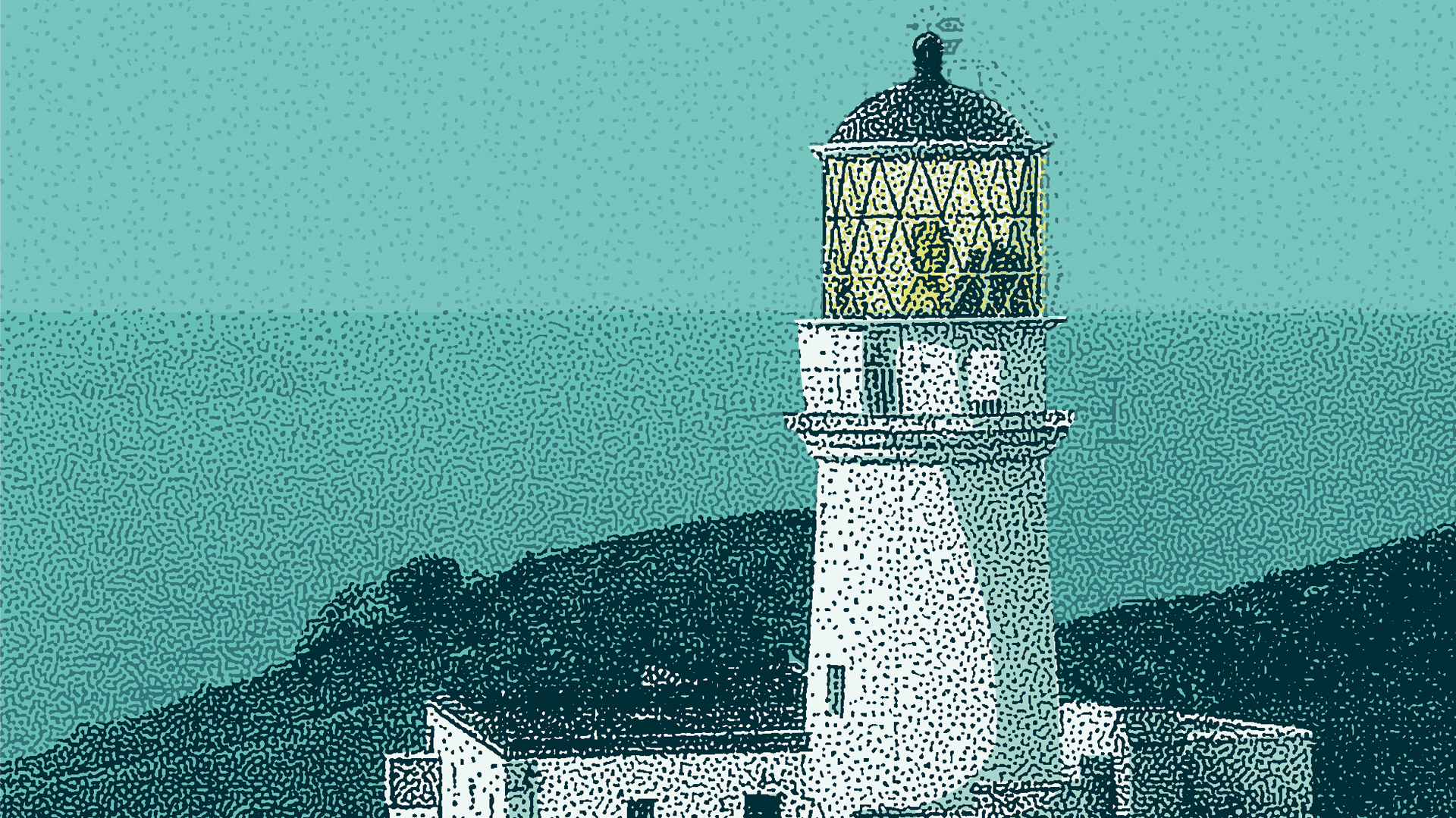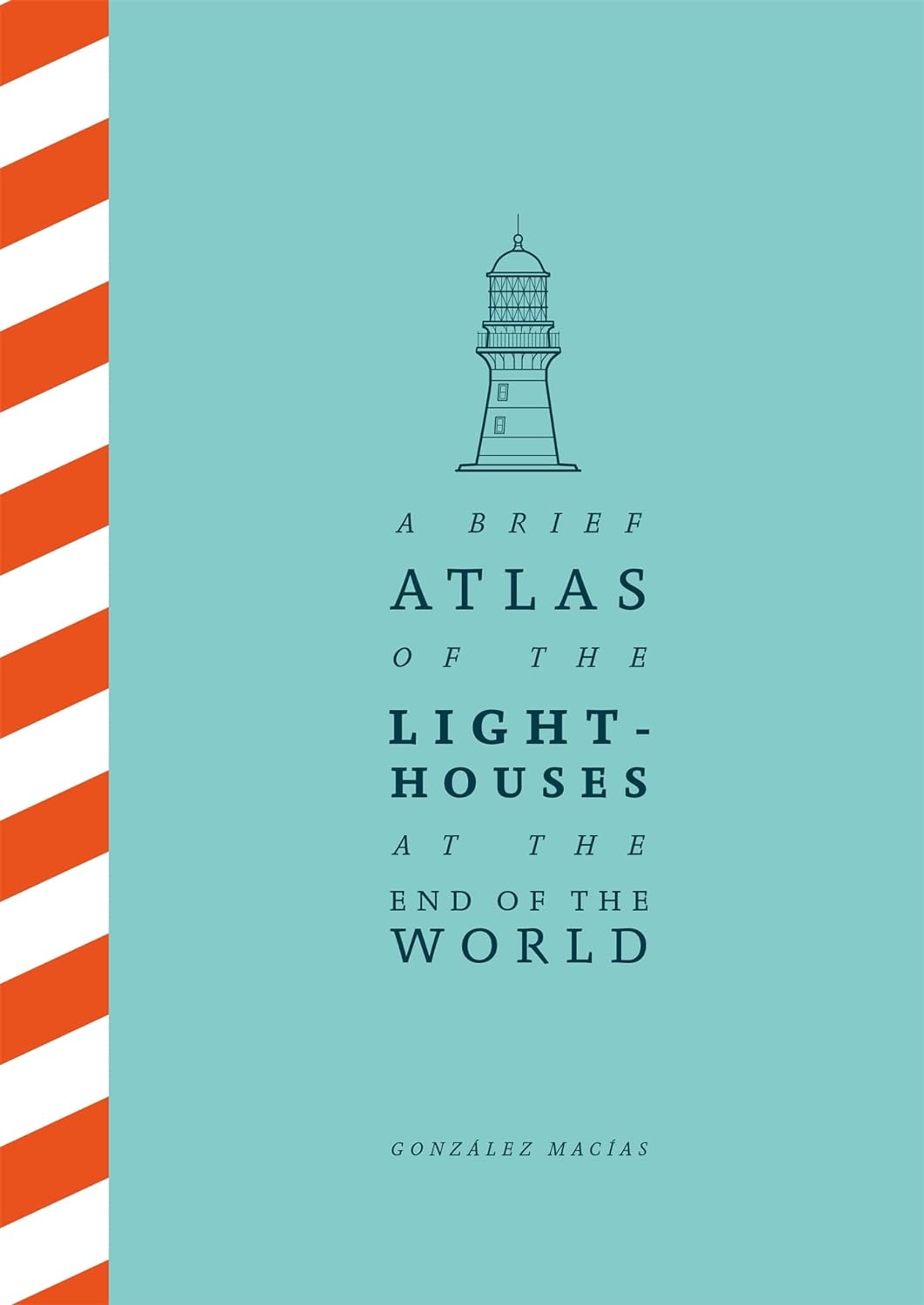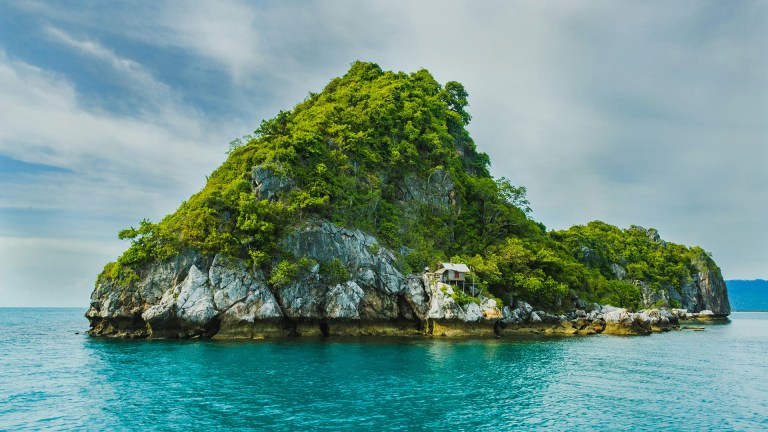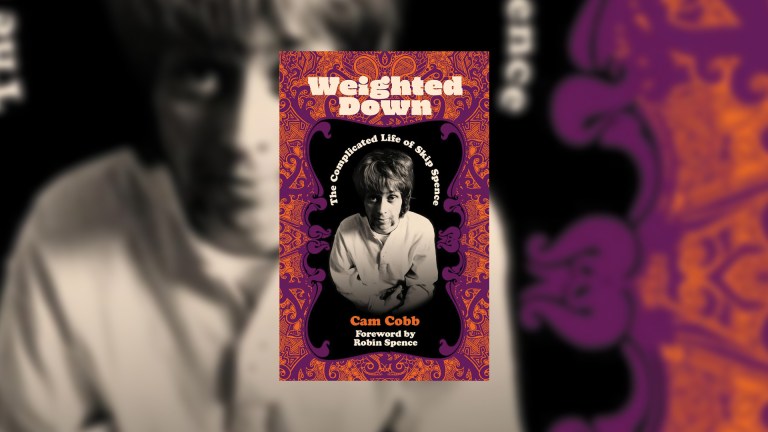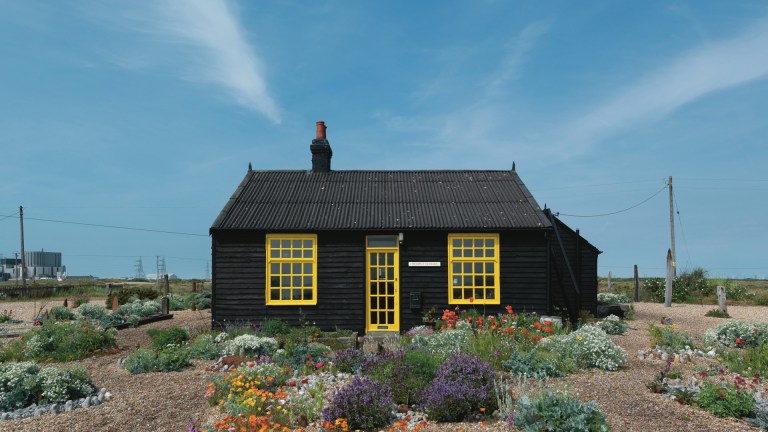I walk from the lighthouse, 659 steps along a broken path that eventually narrows into a thin point until I can no longer continue. The road drops off to form the top of a cliff. Over the sea, sunrays cut through ominous clouds; from the west, a storm approaches. I am in Estaca de Bares in Galicia, the northernmost point of the Iberian Peninsula. These waters are rarely calm, perhaps because the sea changes its name here: on my left the Atlantic Ocean; on my right the Cantabrian Sea. Ahead, if my eyes could reach beyond a thousand kilometres, I would catch a glimpse of the Irish coast. As I reach this end of the earth the sky darkens and the wind begins to beat the waves, as if cautioning me that I am not welcome.
Get the latest news and insight into how the Big Issue magazine is made by signing up for the Inside Big Issue newsletter
I tolerate the first drops of rain, cold and heavy, contemplating the sea. Shortly after, the tempest breaks out. A gust of wind hits the ledge so hard that it makes me stagger. The waves climb up the cliff and threaten to engulf me. I feel vulnerable and attempt to retrace my steps. The rock is now a slippery surface, and any stumble could prove fatal. When I reach the base of the lighthouse, completely soaked, I manage to calm down. I think of the lighthouse keepers. Of all the occasions when they endured outdoor dangers in their daily work. I think of the loneliness, the fog, the sleepless nights taking care of the light, of all the real and fantastical creatures that dwell at the bottom of the ocean. I’m certainly not a seaman. At this moment I don’t even suspect that 10 years later I will write a book about lighthouses.
There is something beautiful and wild about these impossible architectures. Perhaps because we sense that they are dying beings. Their lights extinguish, their bodies crumble. And although many of these guardians are still committed to fulfilling the duty of illuminating the waters, today, new navigation communication technology makes their purpose increasingly dispensable. Ships no longer need to be under the lighthouse’s romantic tutelage and new guides have arrived – satellites in orbit, GPS navigation, sonars, radars – which make us forget that lighthouses have been the home and workplace of men and women, often anonymous, for centuries.
- How to find a new perspective on maps | Alastair Bonnett
- Globe making is a dying skill, but I’m keeping the tradition going
- The 13-year-old boy mapping a complete list of London’s green spaces
With the passage of time, the number of automated signals grows. Some of them abandon their original purpose to become tourist destinations. Others, the less lucky, are dismantled. Most lighthouse keepers, symbols of vigilance and protection, have left their duties behind. But although this lifestyle is fading away, we are left with their stories. Ruins take on the shape of words, and describe a time when the technical and the heroic were one and the same. Because in lighthouses, especially in isolated lighthouses, humans have always been at the mercy of nature’s will.
Since I was a child, atlases and books on geography and travel have fascinated me. The blank cartographic spaces, where the absence of toponyms and city names evoked mysterious worlds, seemed to me the most interesting areas of the map. I discovered then that it was possible to explore distant places from the comfort of my room. Jules Verne wrote the adventure novel, The Lighthouse at the End of the World, inspired by a small lighthouse that shone ephemerally in the Argentine Patagonia in the late-19th century, which he described without ever having set foot on Argentine soil – neither did he visit the moon, the centre of the earth, nor the bottom of the ocean – and yet he fabricated a magnificent tale.
